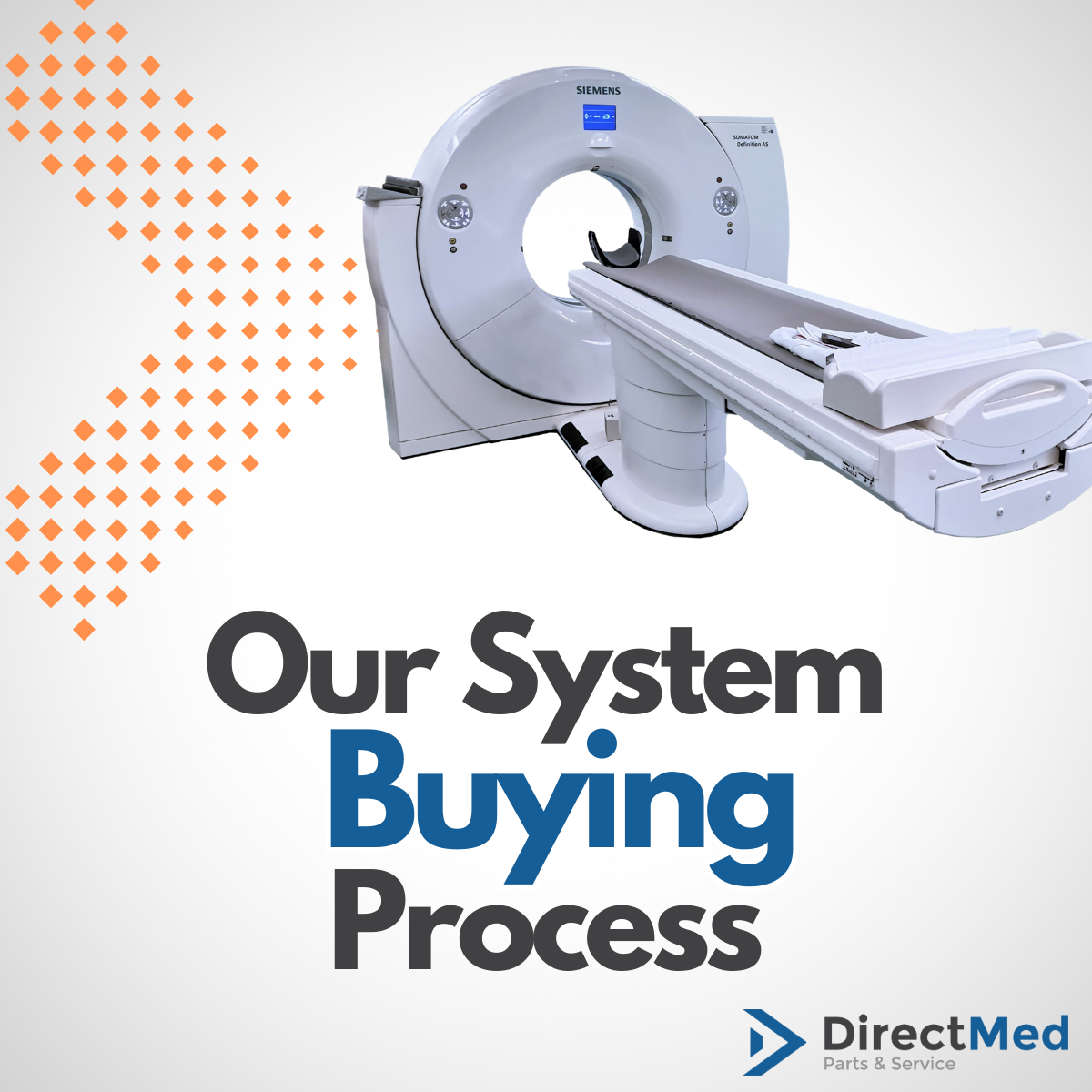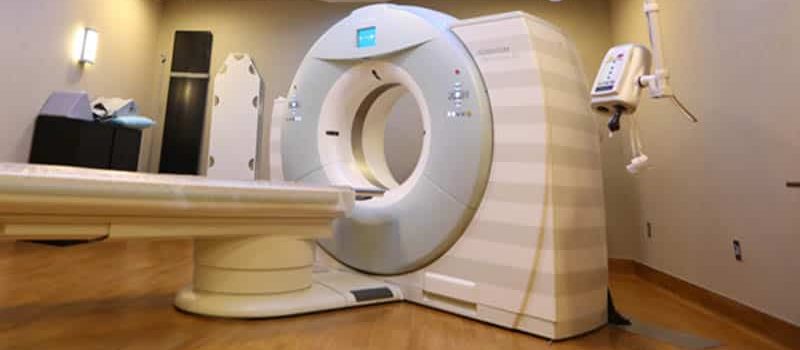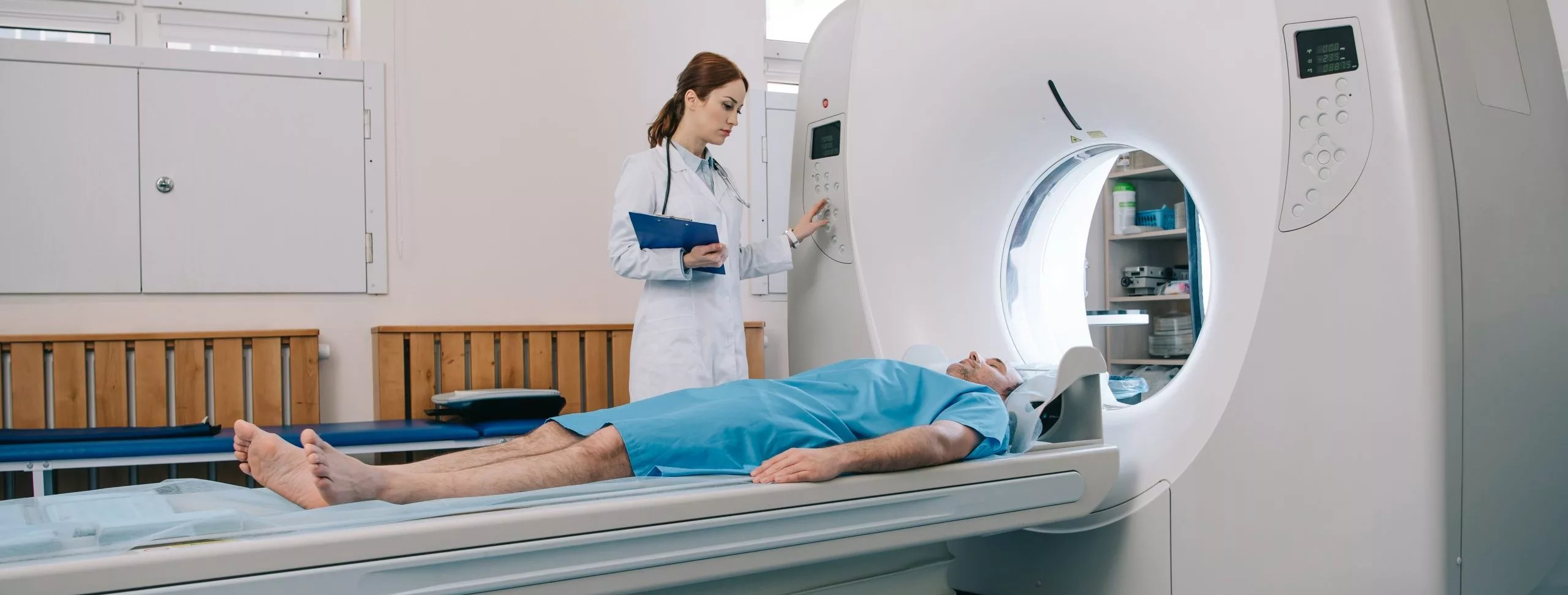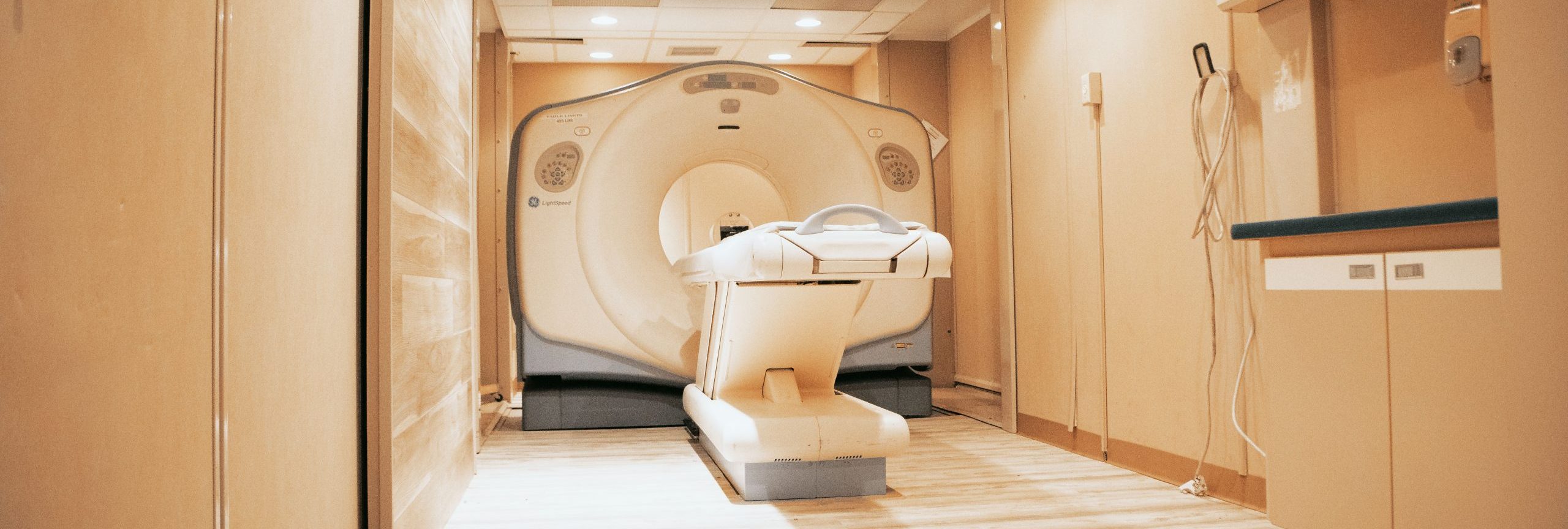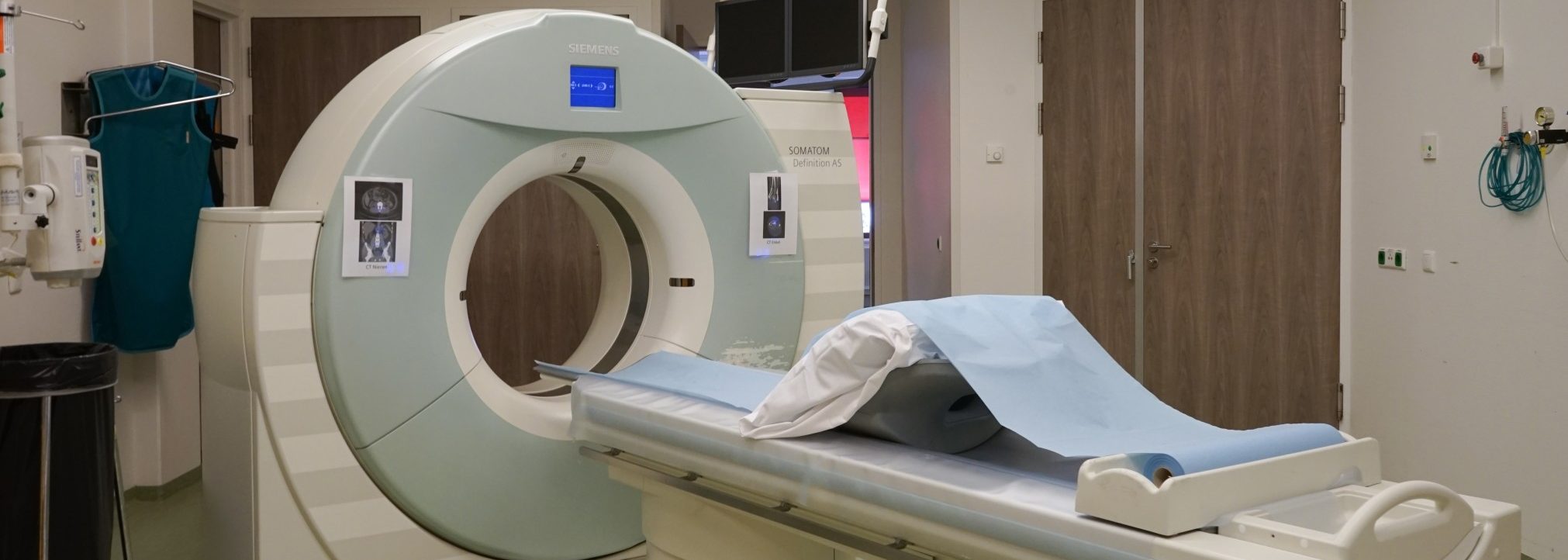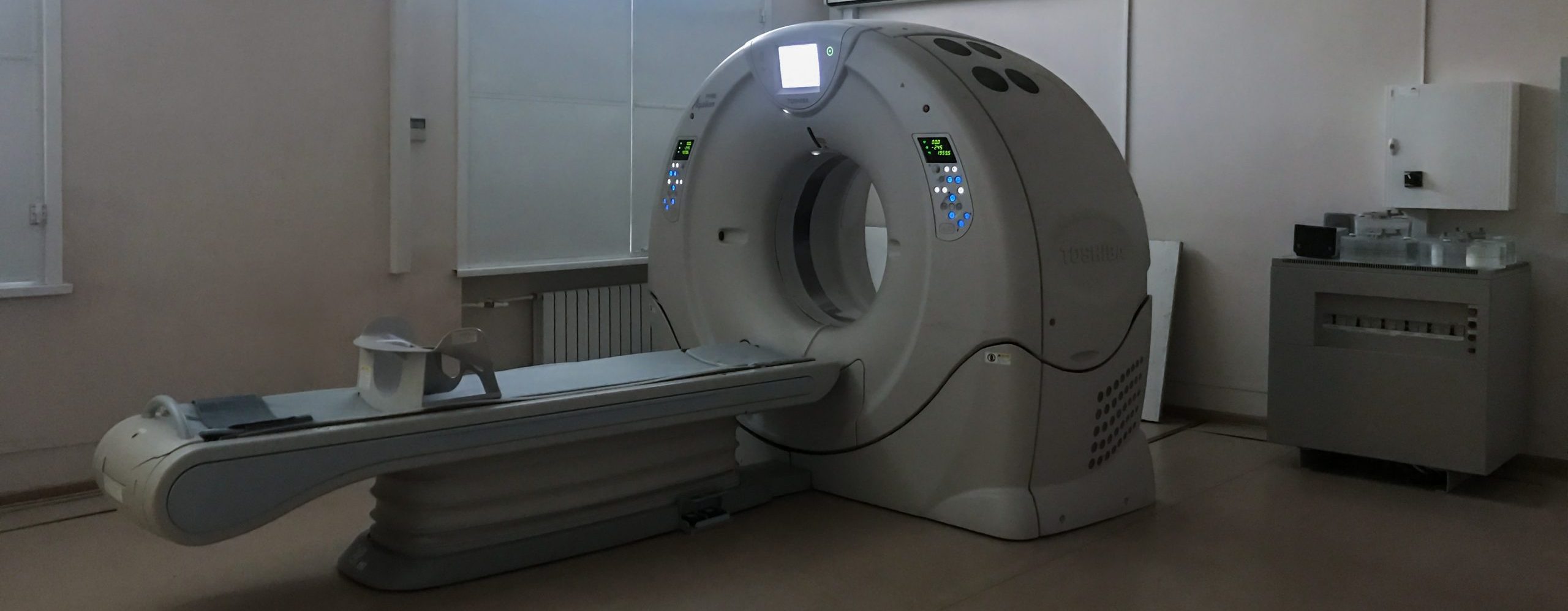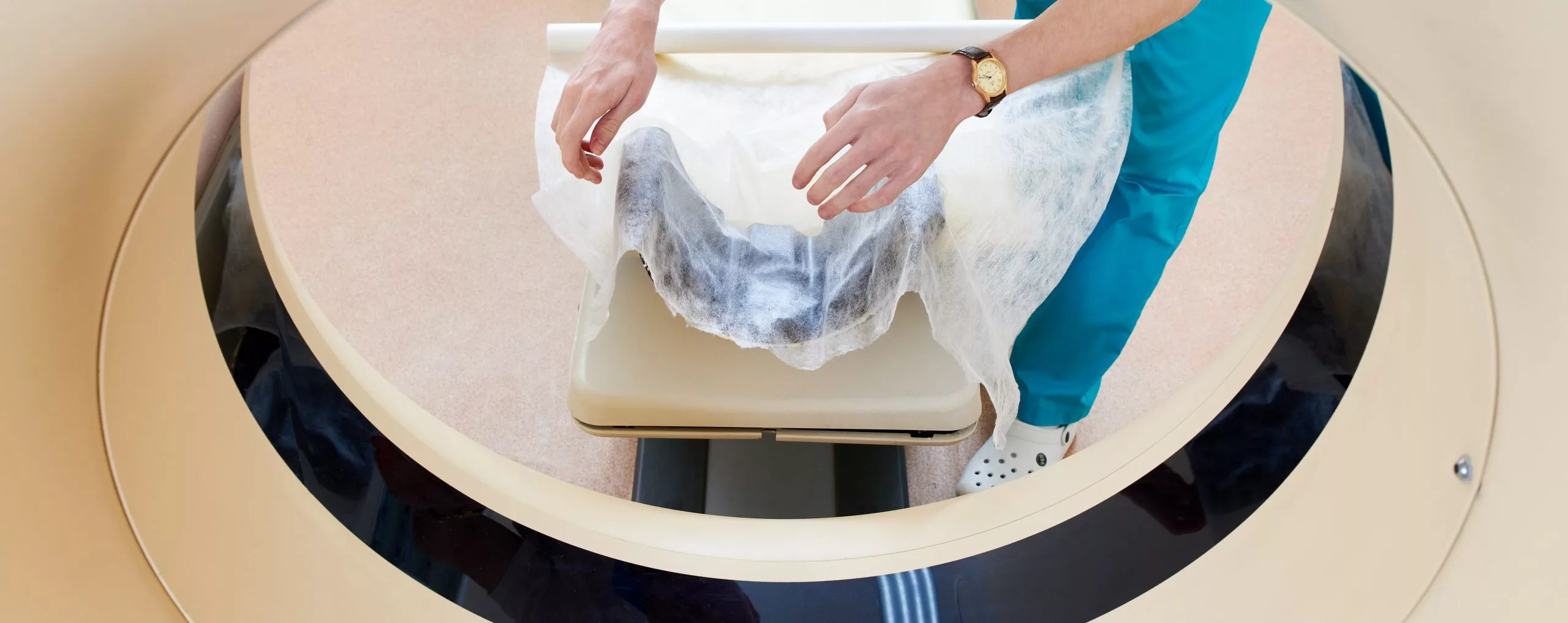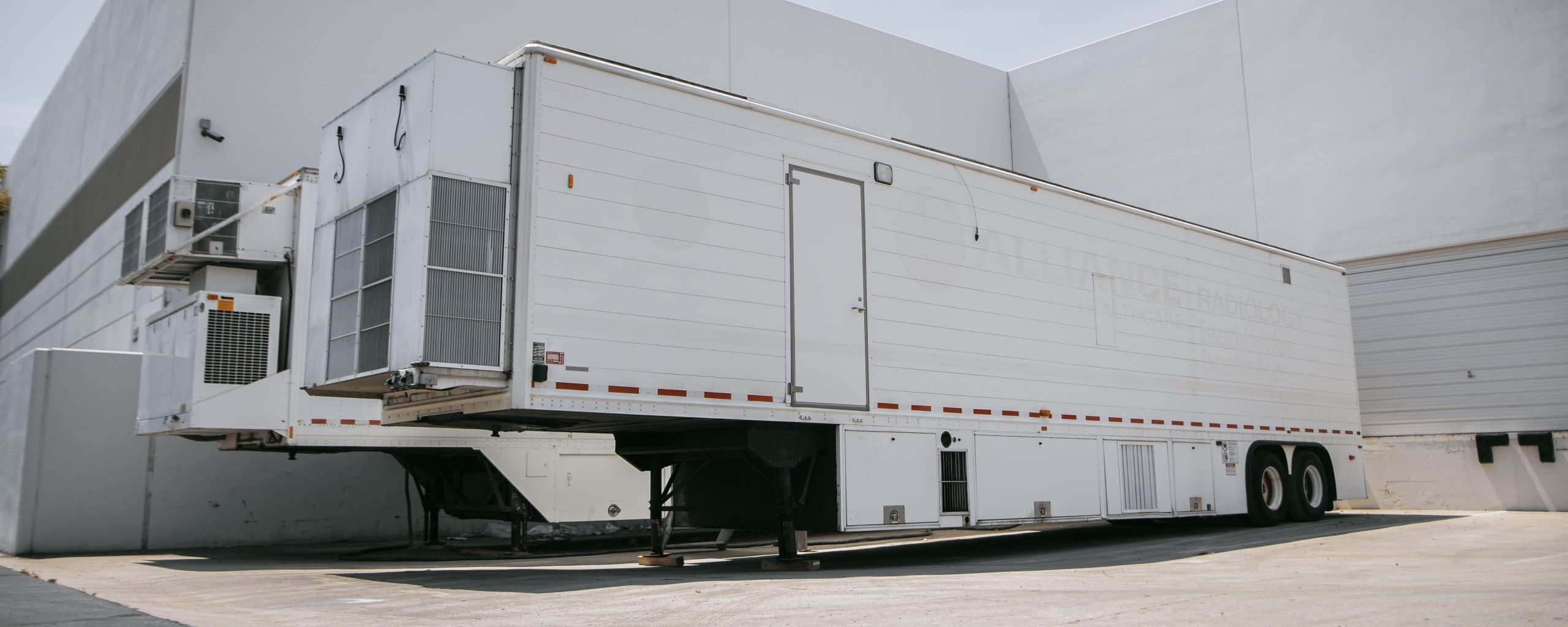CT scans are performed every day, but many people are still hesitant to undergo them due to the thought of being in a machine for a certain amount of time. However, understanding what happens before, during, and after a scan will take much of the fear and hesitation away. These scans work incredibly efficiently to take cross-sectional images of the body, offering doctors better insight into what is happening under the patient’s skin.
Our previous article talked about preparing for a CT scan and what to expect from it. This article will discuss what happens after the exam, its benefits and risks, and other patients’ questions. Here’s what you need to know:
Interpreting the Results
Once you have finished your CT scan, the technician will determine whether the images are high-quality enough to analyze. Once they meet the criteria, the technician will pass the images onto the radiologist, a professional specially trained to supervise and interpret these examinations. After analyzing the scan, they will draft a report and sign it, which they will send to your referring physician or primary care. Once you meet with your physician, they will explain the results to you.
The Benefits and Risks of a CT Scan
CT scans come with many benefits. It’s noninvasive, painless, and accurate while offering a detailed view of your internal organs, soft tissues, and bones. It is also fast and simple and can be used in emergency cases to uncover internal injuries and bleeding, allowing doctors to address the issue right away. Unlike MRI, it can scan patients with implanted medical devices, making it much more accessible. It also offers real-time imaging, making it an excellent tool to address various clinical problems. No radiation remains in the body after a scan and usually does not result in side effects.
However, there are some risks involved in a CT scan. If you can get pregnant, it is crucial to inform your physician or CT technician if you are confident that you’re pregnant or if there is a possibility that you are. Additionally, nursing mothers must wait 48 hours after being injected with the contrast material before breastfeeding. There is also a risk of a severe allergic reaction to contrast materials, although this is rare. You may also have a slight chance of developing radiation exposure.
Will the CT Scan Hurt?
You may be wondering if the CT scan will hurt. The good news is that CT imaging itself must not cause any pain since it does not contact the body or cause bodily sensations. However, the patient must remain still during the examination, which many find to be uncomfortable. Additionally, these imaging examinations usually require a patient to receive an iodine contrast injection, resulting in temporary discomfort while the needle is inserted.
Is Getting a CT Scan Safe?
Yes, getting a CT scan is safe and offers various diagnostic benefits that vastly outweigh the risks. However, suppose you have a history of allergies to medications, iodine, or shellfish and have a medical condition such as diabetes, asthma, kidney problems, or thyroid issues. In that case, you must tell your doctor immediately.
How Long Will the CT Scan Take?
CT scans usually take anywhere between 10 to 45 minutes, although it ultimately depends on the type of exam you need. Some involved CT exams take longer than 45 minutes. Additionally, many CT scans require patients to hold their breath to eliminate blurring from the scans, often caused by patient motion, like breathing.
Am I Allowed to Move in the CT Scanner?
Due to the nature of CT scans, you should not move once you are in the scanner and it is in the process of producing images. If you are having a specific body part imaged, be sure not to move it until the exam is complete. If you are having your chest and abdomen examined, you’ll need to hold your breath for a few seconds, usually 10 to 25.
Conclusion
CT scans have revolutionized the way doctors diagnose and treat conditions since they offer a detailed look into the human body without requiring incisions. By understanding how to prepare for a CT scan, you’ll know what to expect and how to stay comfortable.
DirectMed Parts is the leading supplier of medical imaging parts and services. We provide and service MRI and CT parts of all kinds. Get in touch with us today to learn more about what we can do for your medical imaging needs!

